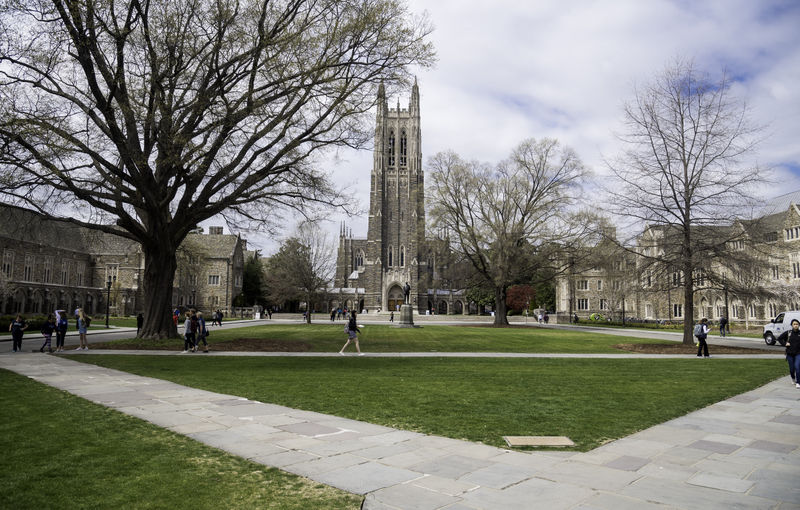Durham City Workers Win Largest Wage Increases in Many Years, But Fight for Fair Pay Continues
- UE Local 150

- Jun 23, 2024
- 3 min read

On June 17, the Durham City Council voted to approve $28 million in raises for the fiscal year starting July 1, 2024. Full-time General Step Plan workers will receive an average raise of $8,136 - some more, some less. Workers with more years of service will receive a higher wage increase, some totaling over $15,000.
This huge investment in wage increases would have never happened without the collective action of many Durham city workers over the last year, starting in spring 2023, including a six-day stand down by Solid Waste workers, and many rallies throughout 2024.

While the minimum wage starting July 1, 2024 will be $19.58, all current city employees will be making a minimum of around $22 per hour. Many of the senior experienced workers in sanitation and public works will receive $12,000-14,000 raises annually.
We are also strongly positioned going into next year's budget cycle to win even more structural changes to the pay plan design, including awarding low-wage workers the same annual increase as high-wage earners, as well as amendments to the city's Universal Living Wage ordinance.

The city manager's budget included raises for the police, who account for 17 percent of the city workforce, that would be over 30 percent of the total amount spent on raises.
Workers in Solid Waste and Public Works in the General Step Plan represent 42 percent of the total work force, but will only receive 34 percent of the salary increase. Management and Professional Staff in the Open Range pay scale continue to get more than front line workers.

In early January, we had a difficult meeting with Mayor Leonardo Williams and Mayor Pro Tempore Mark Anthony Middleton. They denied the need for workers to make $25 per hour. When asked about city workers not being able to afford to live in Durham, Mayor Williams stated, "I never promised that city workers would be able to live in the city. It is out of my control."
Union leaders met with Javiera Caballero and Carl Rist on January 9, where they vaguely committed to support us, but stated they wanted to wait until the Compensation Study was completed before making commitments. UE150 also met with DeDreana Freeman, Nate Baker and Chelsea Cook on January 23, where they firmly pledged support for our demands, but wanted to gather more information.
In our second round of meetings with all of them, we felt that Williams, Middleton and city manager Page were blocking any ability to change the "pay plan design", but wanted to just move the current structure up by "market rates". This limited our ability to change the minimum wage or make the steps more fair.
In the second meeting with Cabellero, she stated support for the idea of reclassifying solid waste workers, however she hinted at the need to get HR involved. She also refused to support the $25 per hour demand, stating she needed a "system". When asked about the Universal Living Wage ordinance language they ignored HUD housing data for 2024, she stated it could be looked at "next year" as this was a pay plan design change, and they were not considering plan design changes this year.
In our final meeting with Freeman, Cook and Baker on May 13, they pledged to help find the $300,000 needed to reclassify solid waste, but we didn't find the 4th vote.
We must continue our fight into the next budget cycle and hold City Council accountable to make the Pay Plan Design changes next year, as they suggested this year. Real lasting systemic change takes time to build. Through this process hundreds of city workers took action, spoke out for the first time, attended their first council meeting, and more. Many joined the union. Let's stay the course, build the union and we shall overcome!
This article was published first by UE Local 150.



Comments